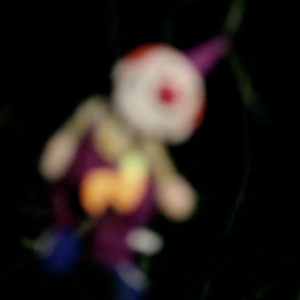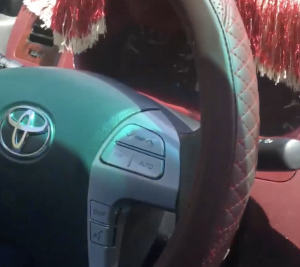Oxhy envisions people singing pop acapella at the end of the world. That time will likely be replete with technologically-barren caves or torn-down cities, accompanied by memories of life online and the remaining artifacts. It’s an idea that had been reoccurring for Oscar Khan throughout the past year, inspired by Jem Bendell’s Deep Adaptation essays covering the current climate crises and what global societies will look like in the aftermath. On his debut album Woodland Dance—released via Xquisite Releases on March 8— the London-based artist imagines how music would remain in this possible future.
This record represents a turn inward from the abrasive industrial sound of Khan’s 2017 EP respite unoffered. It was a formative project cementing the artist within the European club circuit after appearing on Yves Tumor’s Serpent Music released via PAN a year earlier. Woodland Dance, meanwhile, refracts Oxhy’s signature harsh club-style into a reflective and equally folkish form, speculating on the sounds following the next world-ending cataclysm. The voices of Thoom, Felix Lee, and Cecelia surface across melancholic atmospherics, creating, as he describes over video from London, a communion and arc throughout the album’s scores. The tracklisting climaxes midway, at the thunderous ‘claps’ track with DÆMON’s verses conjuring an equally hopeful and sentimental outlook.
For Khan, the idea of world-ending isn’t a singular phenomenon. It’s happened before, and music persists in its wake. This notion serves as the basis for what he sees as a sort of “new folk”. It’s a creative approach that asks, ‘what would music sound like in the next iteration of collapse, and what would be remembered or included in its format?’
**You recently returned to London from Barcelona, where it seemed like you were camping on the outside of the city. What was that like?
Oscar Khan: I lived on the outskirts of the city next to the mountains, and I didn’t really have any friends. I had one friend in the city and I was just making music every day. Then I felt this need, like being in your room just escaping and I walked in these mountains. It was just wilderness five minutes from my house.
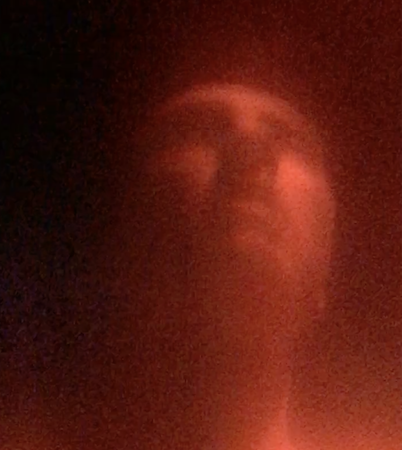
I spent a lot of time in these hills. You got to the top of the mountain and it was just like a vista. I think it felt like you could get out so easily. I suppose in London you feel there isn’t any wilderness at hand. I’m so difficult because I love nature and being in the woods, but I can’t escape. Every time I’m in the countryside for three days, I just start to go insane.
**Did leaving for Spain play into how this album came about?
OK: No. Basically, I was reading a lot about runaway climate change, system degradation. I was having these visions of post-industrial society versus this industrial system breaking down—people still having music to hold on to and being forced to return to a more primitive way of existing but then still having the technology, maybe being around a campfire, then singing some grime acapella or something.
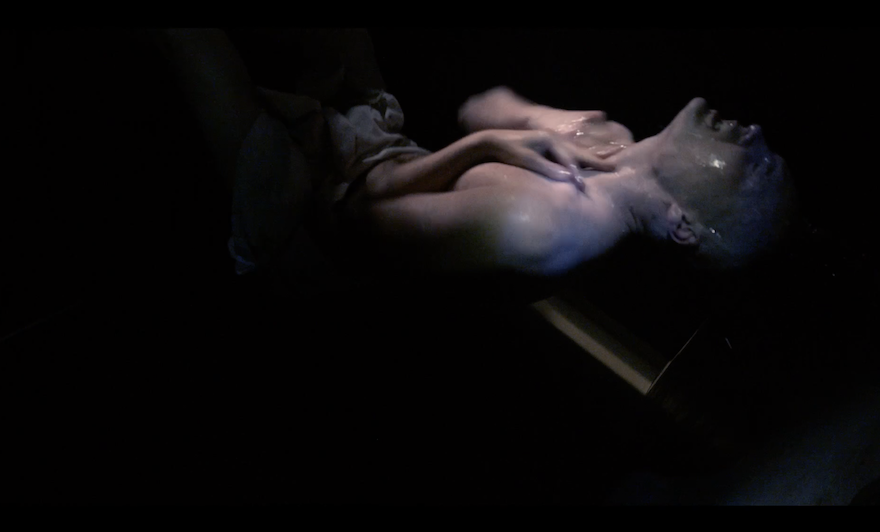
That really was the basis for where I was in the city, but I was having this constant image of people finding solace through remembering. You know, remembering a song that can’t exist anymore. I think the context has changed, but there’s solace in music. I was thinking about how people have gone through world-ending events. The American continent was basically the end of the world– but people still find forms of solidarity and community around music.
I was very influenced, as well, by this essay—‘Deep Adaptation’—which is just talking quite realistically about system breakdown, but then asking people to act on stuff; also to come to terms with the end of a society. I was just thinking about what it would be like to witness this because I felt like my whole life I’ve been witnessing the end of the world.
**You’ve touched on this tension between accelerating into the aftermath of capitalism, and putting forth a structural change. Where does this record fit within this spectrum?
OK: I mean, I’m not an accelerationist. I’m behind fighting for stuff but I suppose it’s sitting in a place where there’s an outside either of these possibilities. Often I feel quite hopeless about change, but the idea that there’s still meaning and joy in a doomed world.
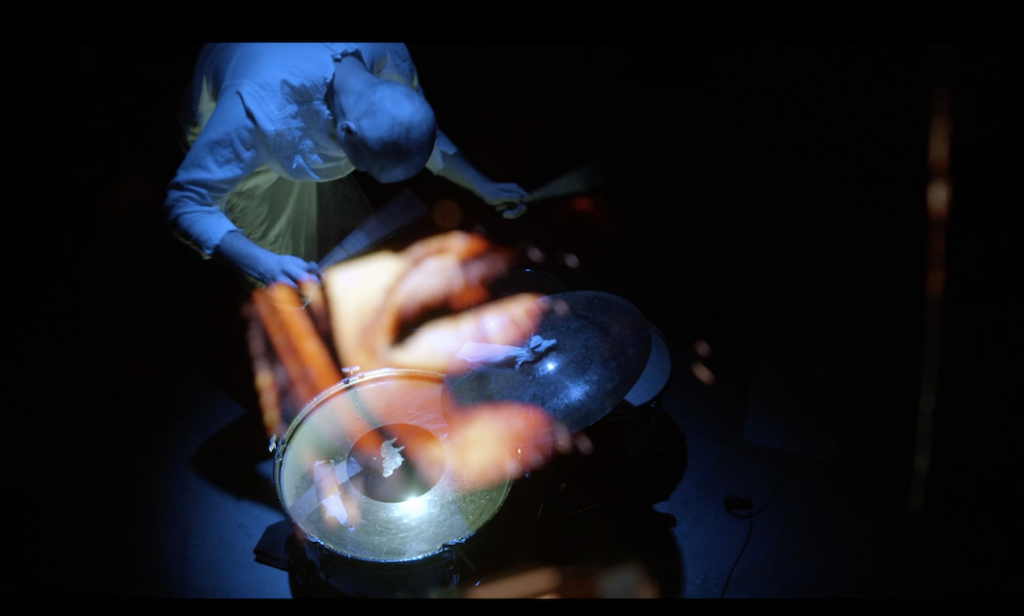
**We’re always going to be living in the aftermath of something, maybe the world ending itself, over and over again.
OK: It’s ended for different people at different times, continually. That was what I was interested in, really. How we’re quite chauvinistic when we think that this is the big doom.
**When you mentioned folk music, I immediately thought of oral tradition because there is so much lyricism on your record, could you go into that?
OK: Well, I suppose it’s the first time I really started using my voice. It was definitely because—how you said exactly—an oral tradition of people using what comes to hand, and the first instrument was obviously the voice.
It’s so linked with that communal existence, and all of our relationships, that it felt like that was what I needed to do. It just made sense with this setting I was thinking about it. These people, maybe they don’t have anything mechanical, but they’re still making, or recreating, like, a Mariah Carey acapella—taking these things that you remember and repurposing them to make a ‘new folk.
I think ‘folk’ has become almost a very clichéd understanding of a genre but I see folk as anything that people are making amongst themselves; almost for themselves as a form of that communication. Things like footwork, like the way that was so insulated for so long, and was a kind of a localized form of back and forth. I see that as folk music and I think that was a big inspiration—to imagine folk music as something that doesn’t have to be how it’s perceived.
**You talk about localization which, I think has become less possible in the advent of the internet. Do you actually think it’s possible to find music that is really siloed like that?
OK: Yes and no. I think it becomes a more subtle form of localization. But I can’t help feeling like, people—especially in London—are such a communication sonically. I don’t see that ever going away.
**I think there’s also a second layer you’ve sort of been mentioning—an origin, and then sort of how it will transcend over time, and what we take away in an increasingly surveilled and digitized society.
OK: Totally. It’s so strange to be out in a wood walking, and suddenly Tik Tok memes will enter your head and weird combinations of flashbacks. They’re kind of meaningful. Like YouTube videos that I’ve watched, they were meaningful moments in my life [laughs].
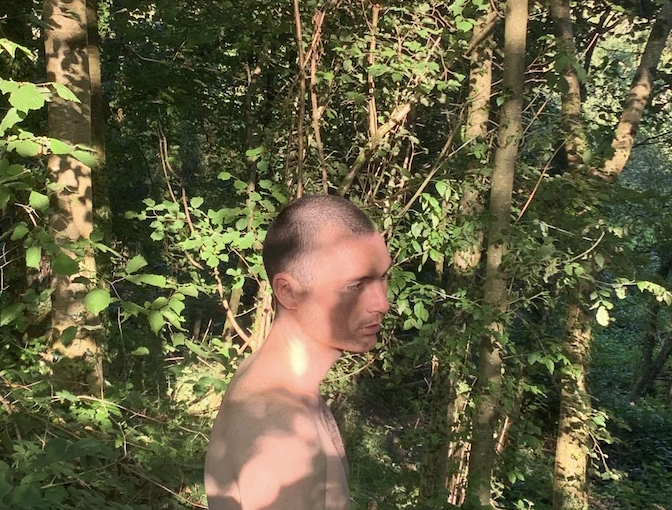
**That’s especially during a time of COVID-19, where people literally are flashing back. I feel like so many people are taking what they had known into the only spaces that sort of remain—which is the internet in some ways.
OK: I’m really interested in how people are conceptualizing ‘liveness’. We want some kind of live experience but it can often feel so dead, when you’re just, like, in a lobby. What does closeness feel like on the internet? I think that liveness may not be the most important thing.
I was making one-take videos for Creepy Teepee festival with my friend and an iPhone, and that felt so weirdly uncanny. I was way more excited about doing that than being in my bedroom on CDJs.
**You also brought on a lot of people for this record. Did you envision a reason for having collaborators, and the roles that they would play on record?
OK: Totally. I knew I wanted to work with these people because I love their work so much. You totally got it where, for instance with Thoom, I made this track and it’s kind of in the space. It somehow didn’t make sense unless there was a conversation or communion.
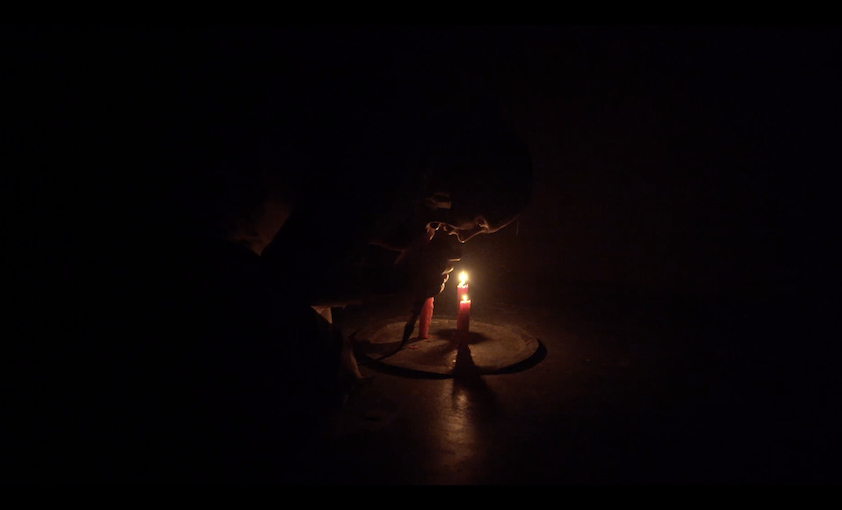
The features make the album because they create conversations between the space and the work, and different understandings of artistic sensibilities. I totally did think of meeting people on a journey. I also love DÆMON’s verse because it’s this memory of his last sexual time out and being in the streets. It was totally matched with my conception of having memories.
**One thing that comes to mind also within that is how folk music sort of becomes obscured, right? When these things are never written down, that they’re so prone, in a good way, to being transfigured from the original person who made it.
OK: I think that this is the same with oral traditions—like The Odyssey being a story for hundreds and hundreds of years before ever being written down and molded by a hundred different people. I suppose we just got a really sped-up version of that now because we can so drastically edit and cut the influences. That’s especially with sound, because it’s so non-literal, the story doesn’t have to make sense.
**It also goes back to this idea of trust. When you give license to a collaborator to reinterpret what you’ve delivered to them, you’re relinquishing your intention. It’s a lot of freefalling.
OK: Me and Yves Tumor had this process where we’d really just send cuts of loops. We got so used to constantly altering and remixing. It was like, ‘I really love that drum pattern, and you completely destroyed it!’ But that got me used to relinquishing power. That’s so healthy because we get so used to just being in complete control.
**Do you think that was a critical part to realizing like this record?
OK: Honestly, I can’t think of it coming out another way.**
Oxhy’s album Woodland Dance album was released via London’s Xquisite Releases on March 8, 2021.
